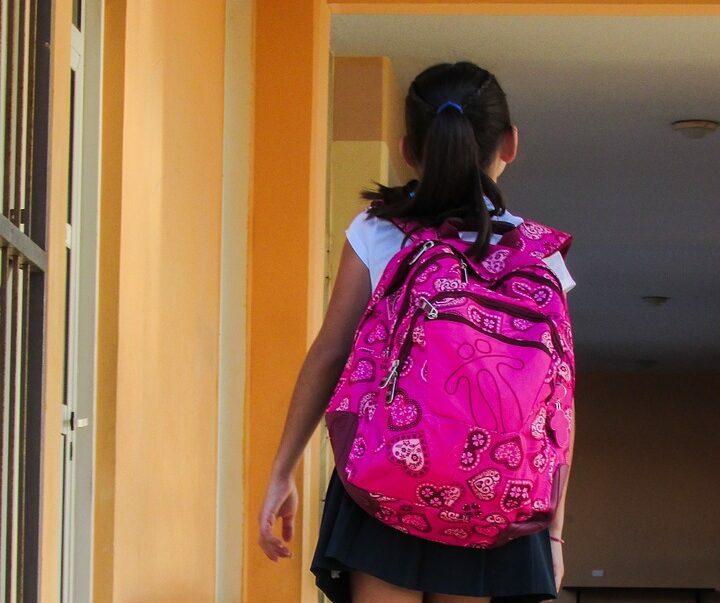Starting school is a significant milestone for both children and parents. While it can be an exciting time, it can also bring about feelings of separation anxiety. Understanding and managing this anxiety is crucial for a smooth transition. Here’s a guide to help parents and caregivers support their children through this period.
Separation anxiety is a common and natural reaction in young children when they are apart from their primary caregivers. It typically manifests as distress, crying, or clinginess when a child is taken to a new environment, such as a school. While it’s a normal part of development, it can be daunting, equally for the child and the parents. It can also be experienced in older students if they are transitioning to a new school/environment at a time when other things in their life are also seem unsettling.
Children may exhibit various signs of separation anxiety, including:
- – Excessive crying or tantrums when a parent leaves
- – Clinginess and reluctance to let go of the parent
- – Physical symptoms like stomachaches or headaches
- – Refusal to go to school or participate in activities
- – Difficulty sleeping alone
Tips for Managing Separation Anxiety
- 1. Prepare in Advance
- Talk About School: Chat about what school will be like, including the activities they will be involved in and the friends they will make. Reading books about starting school can also be helpful.
- Visit the School: If possible, visit the school with your child before the first day. Familiarising them with the environment can reduce anxiety.
- 2. Establish a Routine
- Consistent Schedule: Establish a consistent morning and evening routine. Predictability can provide a sense of security for your child.
- Practise Separation: Gradually practise short separations to encourage your child to get used to being apart from you.
- 3. Stay Positive and Calm
- Positive Attitude: Your child can pick up on your emotions. Stay positive and calm when discussing school and during drop-offs.
- Quick Goodbyes: Keep goodbyes brief and positive. Lingering can increase anxiety.
- 4. Create a Goodbye Ritual
- Special Goodbye: Develop a special goodbye ritual, such as a hug, kiss, or a special phrase. This can provide comfort and signal that it’s time to say goodbye. Give them a “spare hug” for their pocket if they need it during the day !
- 5. Encourage Independence
- Promote Independence: Encourage your child to do small tasks on their own, such as packing their school bag or choosing their clothes. This can boost their confidence.
- 6. Stay Connected
- Reassurance of Your Return: Reassure your child that you will return at the end of the day. Consistently showing up on time can build trust.
- Comfort Item: Allow your child to bring a comfort item from home, like a small toy or a family photo.
- 7. Communicate with
- Teachers Teacher Partnership: Communicate with your child’s teacher about their anxiety. Teachers can provide additional support and reassurance during the school day.
- 8. Be Patient and Supportive
- Acknowledge Feelings: Validate your child’s feelings and let them know it’s okay to feel anxious. Offer plenty of love and support.
- Gradual Adjustment: Understand that it may take time for your child to adjust. Be patient and celebrate small victories.
Separation anxiety is a normal part of starting school, but with preparation, patience and support, children can overcome their fears and thrive in their new environment. By understanding their feelings and providing a reassuring presence, parents can help their children navigate this important transition with confidence. Some students thrive on routine and do not like it when a school day is constantly changing. Please speak to your child’s teacher if this is the case so we can prepare them, and you, for days when we are not planning to follow the normal timetable.
Reach out if you need us.



